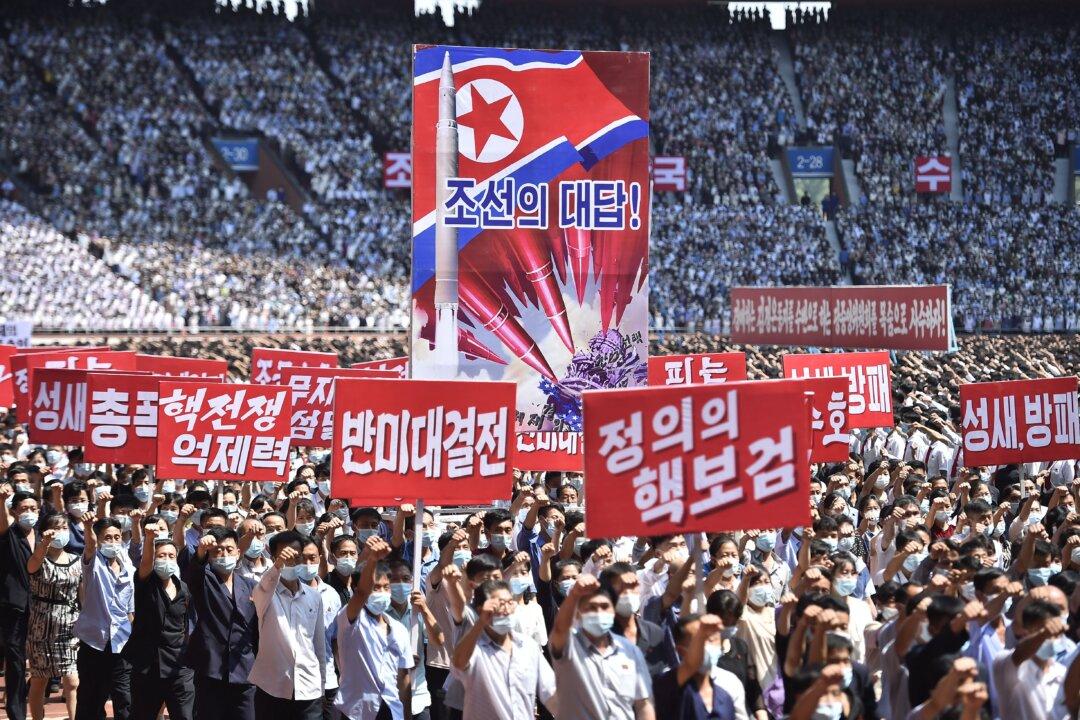North Koreans are encountering a new round of what has become a chronic food crisis, although those living a privileged life in the capital city of Pyongyang are ignorant of the situation in the rest of the country, defector Hyun-Seung “Arthur” Lee says.
The totalitarian state is experiencing what could be an even more severe famine than the one in the 1990s, which is believed to have killed about a million people, or 5 percent of the pre-famine population, according to a recent report by the BBC that’s based on the testimonies of three North Korean residents.






